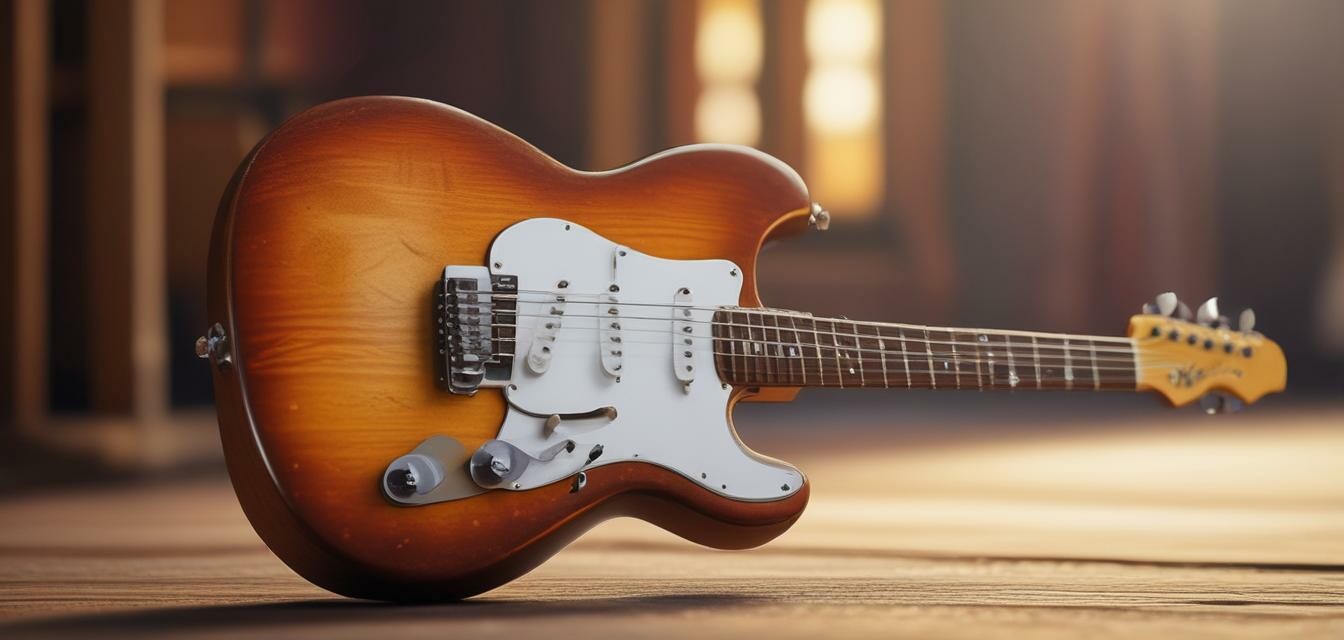
7 Tips for Maintaining Your Fender Guitar
Key Takeaways
- Regular cleaning extends the life of your instrument.
- Change strings frequently to maintain sound quality.
- Store your guitar in a stable temperature environment.
- Use proper accessories for maintenance.
- Know the right technique for fretboard conditioning.
Maintaining your Fender guitar is crucial for ensuring it stays in top shape for years to come. Regular upkeep not only preserves its sound quality but also enhances playability, making your experience enjoyable. In this article, we will cover practical tips on how to care for your instrument, from cleaning techniques to string changes and everything in between.
1. Regular Cleaning
Keeping your Fender clean is essential. Dirt and oils from your hands can build up on the guitar, impacting its finish and sound quality. Here’s how to properly clean your guitar:
- Use a soft, lint-free cloth for regular wiping.
- Consider using specialized guitar polish for deeper cleaning.
- Never use household cleaners, as they can damage the finish.
2. Change Your Strings Frequently
Strings can lose their tone and feel over time. Frequent changes will keep your guitar sounding its best. Here’s a simple guide:
- Change strings every 1-2 weeks if you play regularly.
- Experiment with different string gauges to find what feels right.
- Store spare strings properly to prevent rusting.
3. Temperature and Humidity Control
Fender guitars are sensitive to temperature and humidity changes. To ensure longevity, follow these tips:
- Keep your guitar in a temperature-controlled environment.
- Use a hygrometer to monitor humidity levels.
- Avoid exposing your guitar to sudden temperature changes.
4. Store Your Guitar Properly
When you're not playing, the way you store your guitar can impact its condition. Consider these recommendations:
- Use a hard case for long-term storage.
- A wall hanger can be suitable for display, but ensure it’s away from direct sunlight.
- Keep it away from pets and high-traffic areas to avoid accidents.
5. Use Appropriate Accessories
Utilizing the right accessories not only enhances your playing experience but also aids in maintenance. Here’s what you should consider:
- Invest in a quality guitar stand or case.
- Use a electronic tuner to keep your guitar in tune.
- A good strap and strap locks can prevent accidents during play.
6. Fretboard Conditioning
Your fretboard deserves care too! Conditioning it can enhance playability and aesthetics. Follow these steps:
- Choose a fretboard conditioner suitable for your fretboard type.
- Apply a small amount on a cloth and wipe it on the fretboard.
- Leave it for a few minutes, then wipe off excess conditioner.
7. Regular Professional Checkups
Just like a car, sometimes your guitar needs a professional's touch. Regular checkups can make a difference in longevity:
- Consult a luthier if you notice changes in sound or playability.
- Regular setups can optimize the guitar's performance.
- Professional cleaning can ensure deep care that’s hard to achieve at home.
Conclusion
By following these seven maintenance tips, you can keep your Fender guitar in prime condition for years to come. Remember that a well-cared-for guitar not only sounds better but also provides a more enjoyable playing experience. For more insights into guitar care, check out our Buying Guides and stay informed on the best practices!
Pros
- Enhanced longevity of the guitar.
- Improved sound quality.
- Better playability and comfort.
Cons
- Requires regular attention.
- Can occasionally be costly if requiring professional help.
Tips for beginners
- Start with basic cleaning before moving to complex maintenance.
- Always use fresh strings for a better sound.
- Ask experienced players for advice on handling temperature changes.